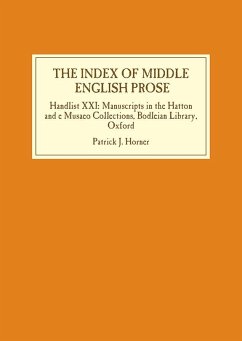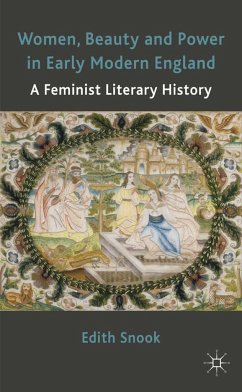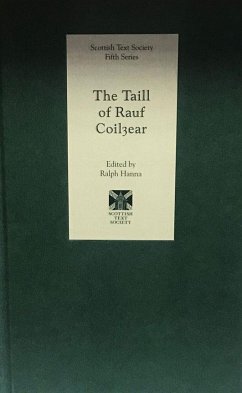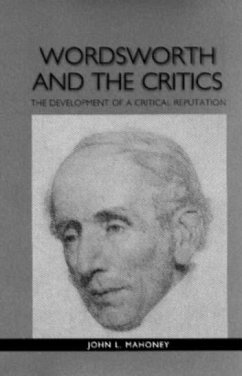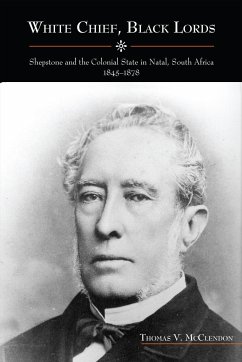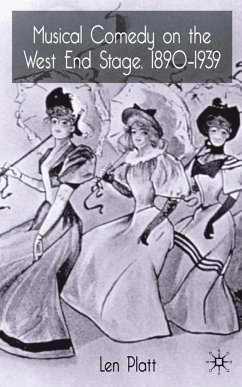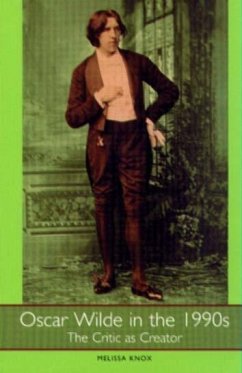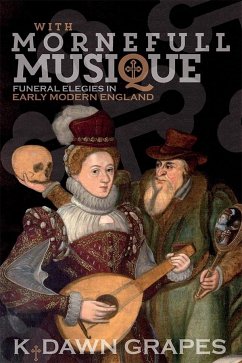
The Power of Laughter and Satire in Early Modern Britain
Political and Religious Culture, 1500-1820
Herausgeber: Knights, Mark; Morton, Adam
Versandkostenfrei!
Versandfertig in über 4 Wochen
128,99 €
inkl. MwSt.

PAYBACK Punkte
64 °P sammeln!
This interdisciplinary collection considers the related topics of satire and laughter in early modern Britain through a series of case studies ranging from the anti-monastic polemics of the early Reformation to the satirical invasion prints of the Napoleonic wars. Moving beyond the traditional literary canon to investigate printed material of all kinds, both textual and visual, it considers satire as a mode or attitude rather than a literary genre and is distinctive in its combination of broad historial range and thick description of individual instances. Within an over-arching investigation o...
This interdisciplinary collection considers the related topics of satire and laughter in early modern Britain through a series of case studies ranging from the anti-monastic polemics of the early Reformation to the satirical invasion prints of the Napoleonic wars. Moving beyond the traditional literary canon to investigate printed material of all kinds, both textual and visual, it considers satire as a mode or attitude rather than a literary genre and is distinctive in its combination of broad historial range and thick description of individual instances. Within an over-arching investigation of the dual role of laughter and satire as a defence of communal values and as a challenge to political, religious and social constructions of authority, the individual chapters by leading scholars provide richly contextualised studies of the uses of laughter and satire in various settings - religious, political, theatrical and literary. Drawing on some unfamiliar and intriguing source material and on recent work on the history of the emotions, the contributors consider not just the texts themselves but their effect on their audiences, andchart both the changing use of humour and satire across the whole early modern period and, importantly, the less often noticed strands of continuity, for instance in the persistence of religious tropes throughout the period.BR> MARK KNIGHTS is Professor of History at the University of Warwick. ADAM MORTON is Lecturer in the History of Britain at the University of Newcastle.




